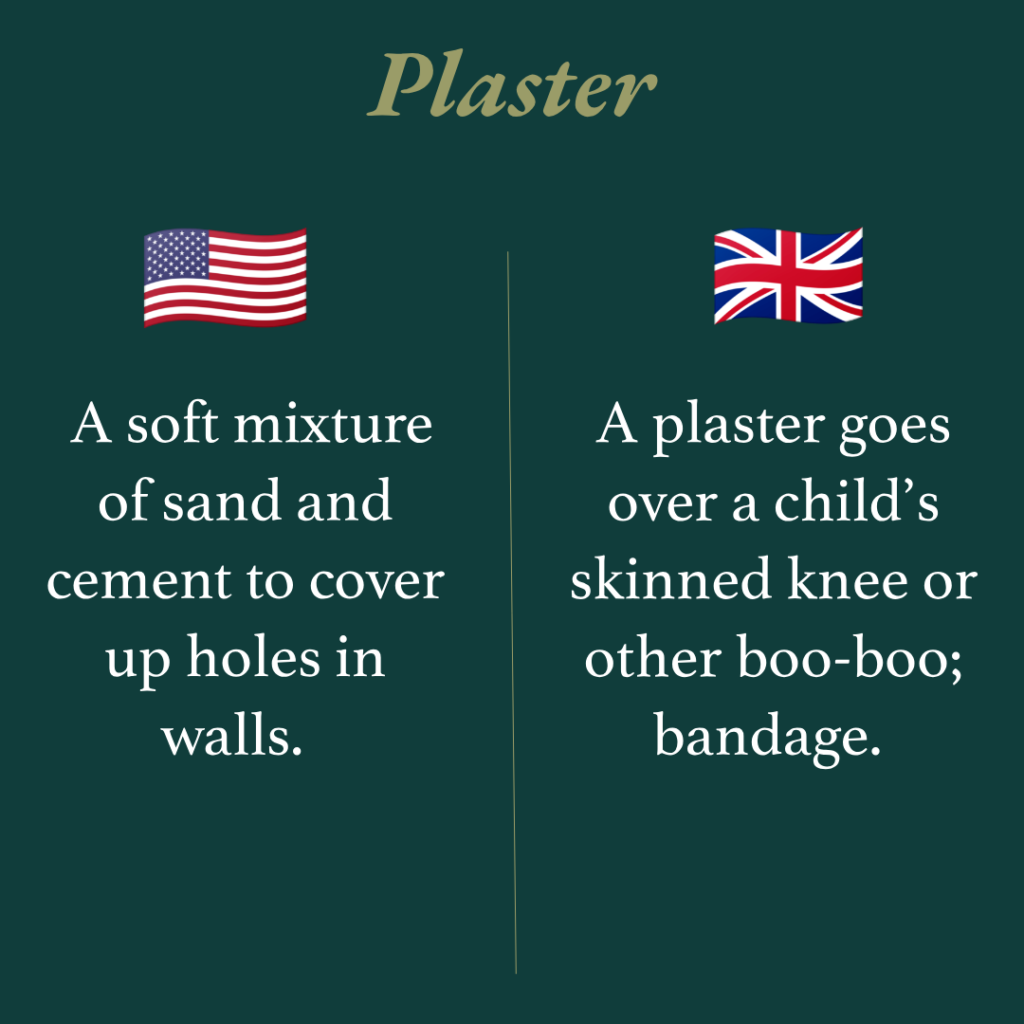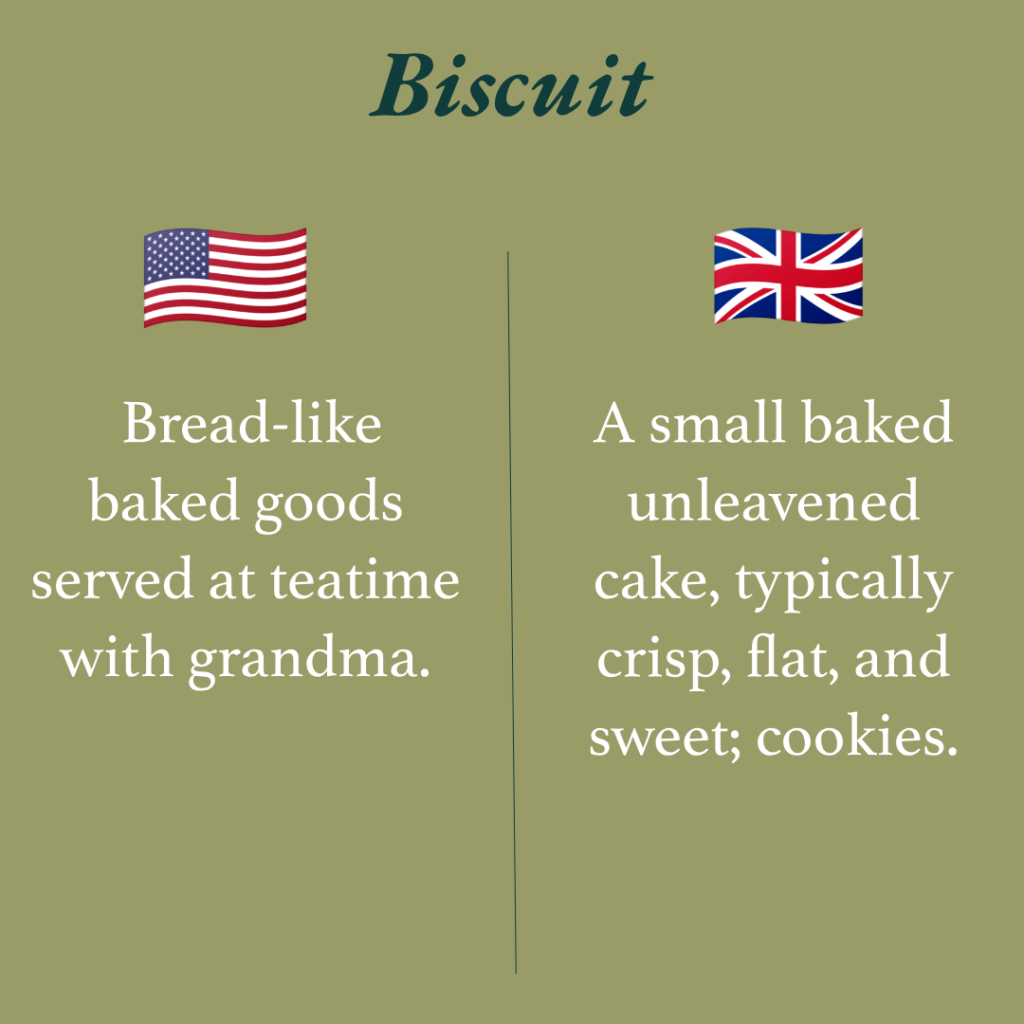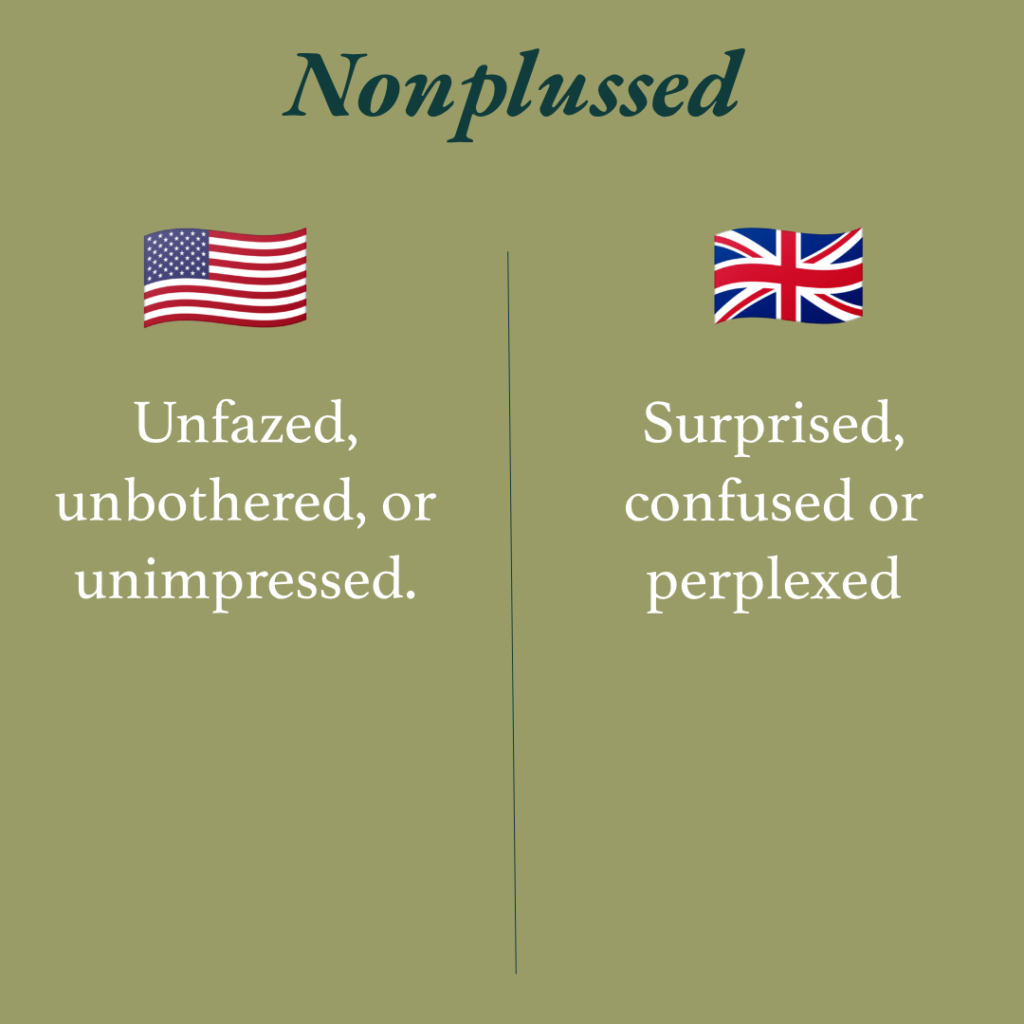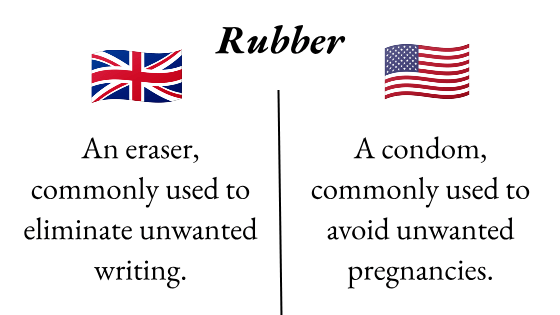To be honest, it’s starting to feel like British English and American English are not the same language anymore. To quote George Bernard Shaw, the United States of America and the UK are “two countries divided by a common language.” They can still understand each other, but the marked differences between the two varieties are growing steadily with each generation that in a few years they are going to be mutually unintelligible. One of the most notable and confusing differences, besides pronunciation, is at the level of vocabulary. Here are some words that have almost contradictory meanings in The United States and The UK.
1. Homely

2. Rubber

3. Pants

American English and British English have evolved along separate paths since the colonization of North America in the 17th century. Initially, settlers brought British English to the New World, but over time, various factors such as geographical isolation, cultural influences from Native American languages, interactions with other immigrant communities, and political independence led to linguistic divergence. While British English retained many traditional spellings and pronunciations, American English underwent simplifications and reforms, such as Noah Webster’s spelling changes and the adoption of new vocabulary. Additionally, technological advancements and global interactions further contributed to the development of distinct dialects, with variations in vocabulary, pronunciation, and grammar becoming more pronounced over time. Despite these differences, both language variants continue to influence each other through media, trade, and cultural exchange.
4. Jumper

5. Braces

6. Trainers

It’s unlikely that American English and British English will become entirely different languages in the future. While they have diverged significantly in terms of vocabulary, pronunciation, and even some grammatical structures, they still share a common linguistic foundation and are mutually intelligible. The continued exchange of ideas, technology, and culture between the United States and the United Kingdom, as well as the global influence of English as a lingua franca, will likely serve to maintain a degree of linguistic convergence. However, regional variations and cultural influences may continue to shape each variant, resulting in distinct dialects and idiosyncrasies. Overall, while they may evolve further apart, the core similarities and shared history suggest that they will remain closely related forms of English rather than distinct languages.
7. Trolley

8. Plaster

9. Biscuit

10. Table

11. Nonplussed







